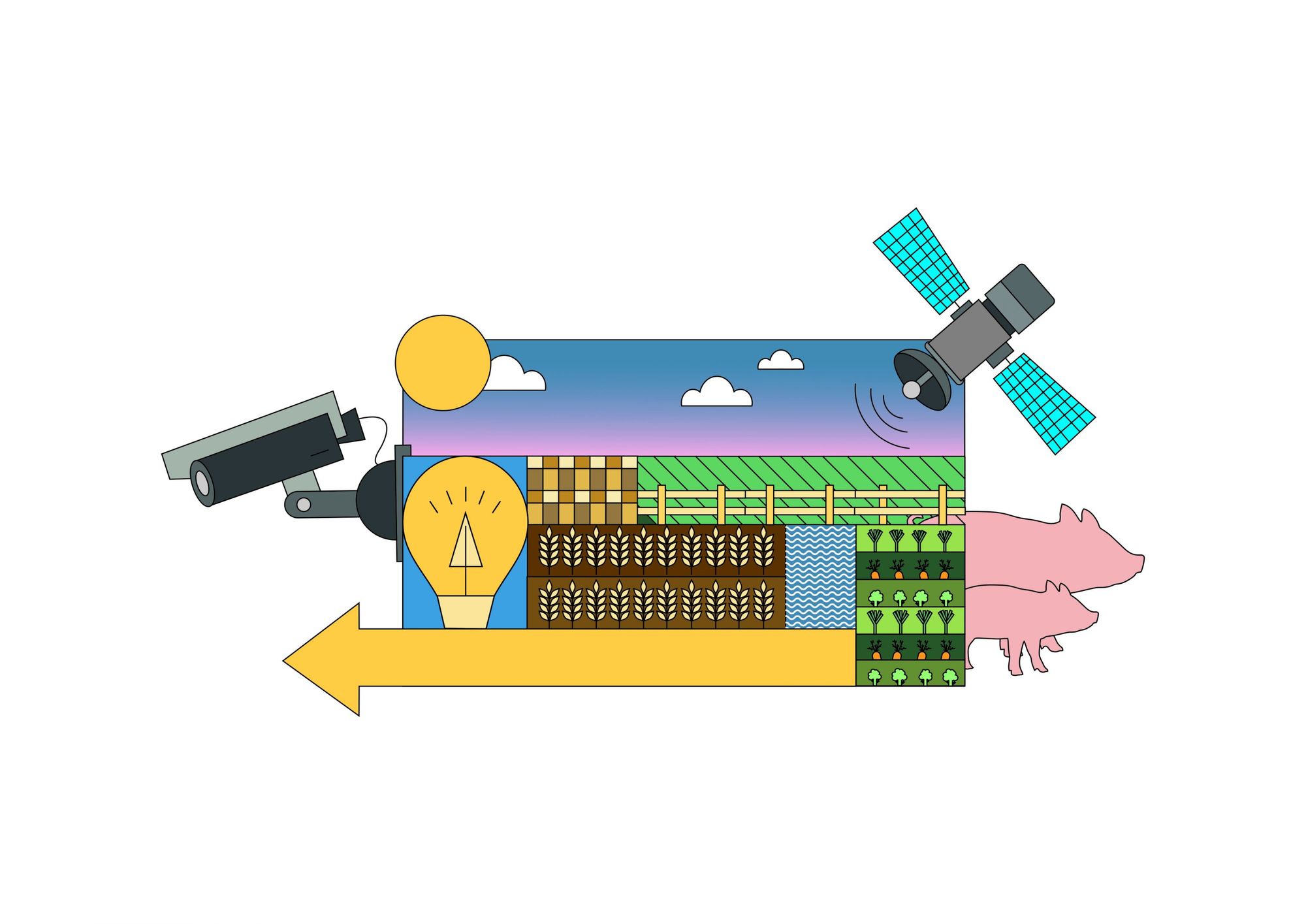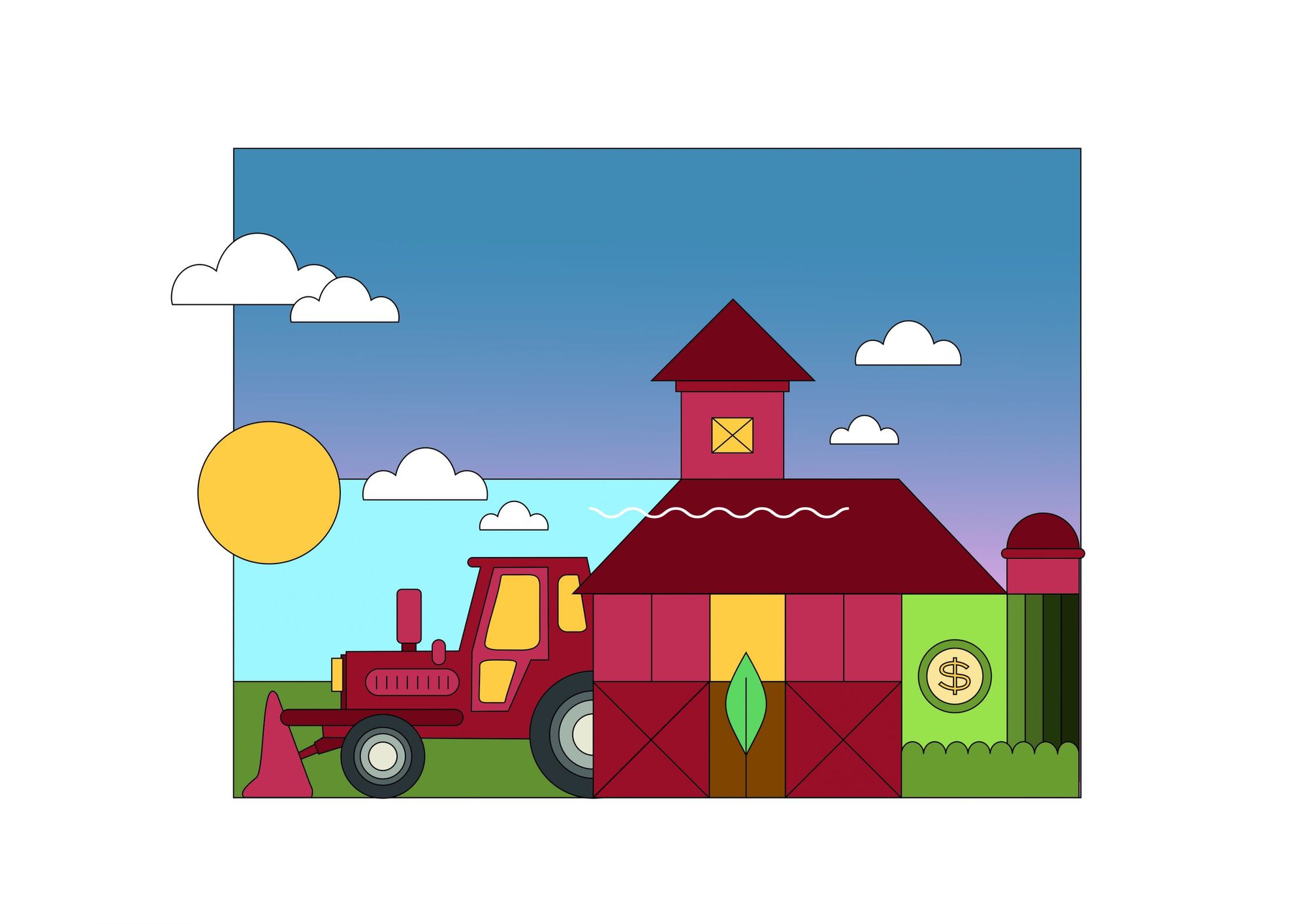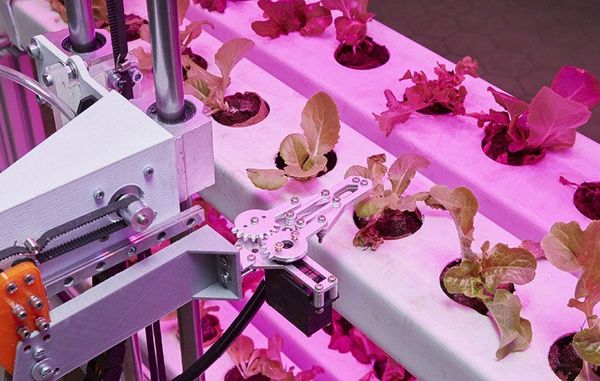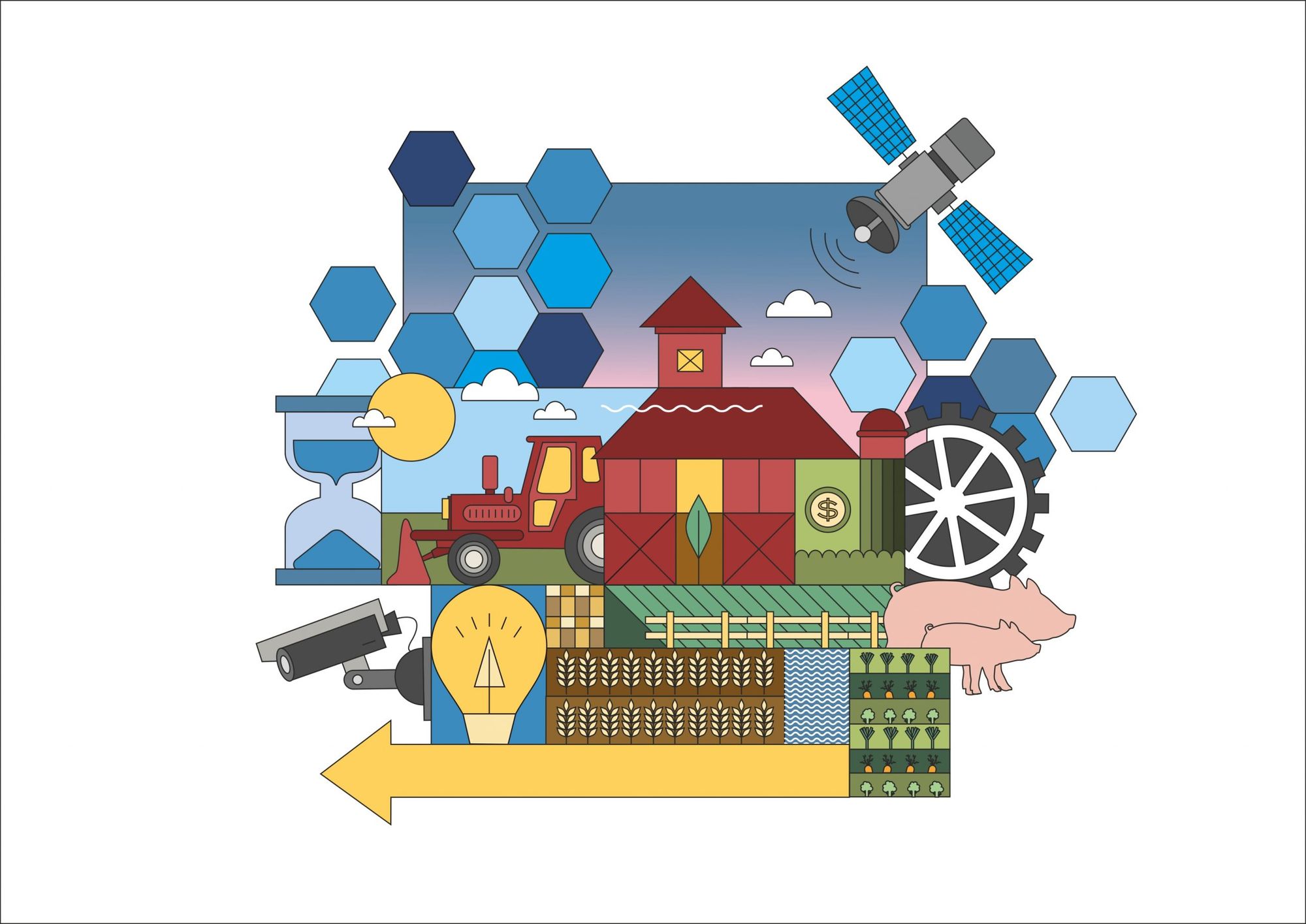The Hungarian Chamber of Agriculture (NAK) is the largest agricultural advocacy organization in Hungary, and with its own startup program it is a flagship for the spread of digital solutions in agriculture. Although many people associate agriculture with manual labor, processes operated by drones, robots or artificial intelligence are already gaining ground in the sector. Our interview with Balazs Holán, the head of the chamber’s presidential cabinet and head of the NAK TechLab program.
When the concept of the NAK TechLab was proposed at the Chamber, to what extent was the guiding principle that the agricultural society in Hungary and around the world is aging and that a generational change and technological openness is needed?
I think that there are many factors at play, but one thing is certain: without the modernization of domestic economies and the increasing uptake of digitalization solutions, the future of the sector is unimaginable. To support the latter, we have created Hungary’s first agri-startup program, where we are trying to respond to the challenges of the agricultural sector with the help of agile young developers. This is the most modern tool for advocacy today, and if we don’t take it seriously enough, we could be at a significant disadvantage in global competition. Beyond that, of course, an important aspect of our programs is to channel young people into agriculture. We see that with a higher level of digitalization, agriculture can become more popular for the younger generations, which will help to ensure a supply of new entrants to the sector. One positive side effect of the program is that it will help to reduce preconceptions about agriculture in young people’s minds and help them to see the potential of the sector.
How open are farmers to new solutions and innovations?
Farmers have a very difficult job, as one wrong decision can ruin a whole year. Their caution is understandable. On the other hand, they mostly believe in methods that have been tried and tested over decades. Apart from that, the dramatic changes taking place also in agriculture are inevitable, and more and more practicing farmers realize this. The picture is further complicated by the fact that we can rarely talk about interconnected systems, so the efficiency gains offered by a startup solution may seem small at first. Yet we are optimistic, as more and more great new solutions are being developed that will radically improve this type of openness.

| NAK TECHLAB IN NUMBERS |
| 3 YEARS |
| 50+ AGRI STARTUPS |
| 1+ BILLION HUF VENTURE CAPITAL INVESTMENT |
How do NAK TechLab and the various digitalization solutions help farmers?
By planting the agricultural flag within the Hungarian innovation ecosystem, we have already made a big step forward in terms of getting a group of very active thinkers to address the problems of the sector. This is the basis for our tasks, which I can break down into three broad steps. First, we will assess and analyze the sector’s most pressing challenges with the help of agricultural experts and farmers. We then recruit start-ups that can provide solutions to these challenges. The teams that emerge will be trained by some of the country’s most skilled experts to ensure that their solutions are available to domestic farmers as soon as possible. In all cases, these new services can improve farmers’ competitiveness, which is the most important aspect for us. It is important to emphasize that the developments are monitored by the largest Hungarian agricultural companies, which, in addition to their knowledge of the market and professional information, have close business and thus trusting relations with the entire membership of the Chamber of Agriculture.
Could this be the key to farmers?
I believe it could. It’s a triangle where no one is prejudicing the interests of the other. Farmers want to produce more efficiently for higher profits, and big companies want to provide state-of-the-art services to achieve this. And it makes us happy when a startup and a large company can succeed, because it means that farmers have more digital services to choose from than before.
How are young start-ups linked to agriculture?
In many ways. There are young people from farming families who have seen their parents’ struggles in certain processes and have developed solutions to them, but there are also those who would use their engineering skills to revolutionize the industry. As for the latter example, it’s very interesting that most of the start-up teams we work with don’t have any background in agriculture — but technologically they are experts in cutting-edge tools. We have structured our program to support this technological knowledge with the knowledge of NAK’s agricultural experts and Design Terminal’s business development mentors. On the business development side, we are working with the leading innovation agency in Central Europe; Design Terminal has been our professional partner since the launch of the programme in 2019. Their extensive network of contacts and mentors help startups on the business and product development front.

What startups and developments does the program support?
We support start-ups that make agriculture more economical and sustainable through technology. Solutions such as artificial intelligence-based weed identification, livestock monitoring with cameras and sensors, or digital pest traps that can greatly reduce the use of herbicides. Some of the solutions from the startups we work with have already been available to farmers, but we cannot ignore the significant technological advances that are transforming these solutions into even more advanced, system-ready developments and adapting to future needs. To take a simple example, smartphones have been around for ten years and with new technologies, they are constantly improving, with innovative additions to the market, replacing older, outdated devices.
What resources does NAK TechLab mobilize?
Since the launch of the program, investments in agtech start-ups have also increased, with more than one billion forints of venture capital being made available to the teams working with us. It should also be added that our focus is not primarily on financial, but on professional support; and I feel we are quite strong in this area. Fortunately, there are very good investment funds in Hungary that are our partners in this process. And a combination of capital and knowledge is the cornerstone of success.
Will the technology stay in Hungary or will it soon be transported abroad?
The Hungarian market is a good place for startups, both in terms of environment and economy. Good, but also difficult. A startup that can achieve economic success in this market has a good chance of succeeding internationally. Given the limited size of the market, it goes without saying that a successful digitalization solution will appear abroad. We believe in the Hungarian people’s creativity, as proven by many examples. This knowledge must be harnessed and used for the benefit of farmers. Many of the teams working with us are also present in foreign markets. We do not hold back start-ups, but our goal is for them to have their first customer in Hungary and achieve their first business success here so that Hungarian agriculture can be the first to benefit from their solutions.
GRAPHIC DESIGN: RÉKA PISLA | HYPE&HYPER

Favorite interiors of the week_94

The utopian history of plastic | Vitra Design Museum










